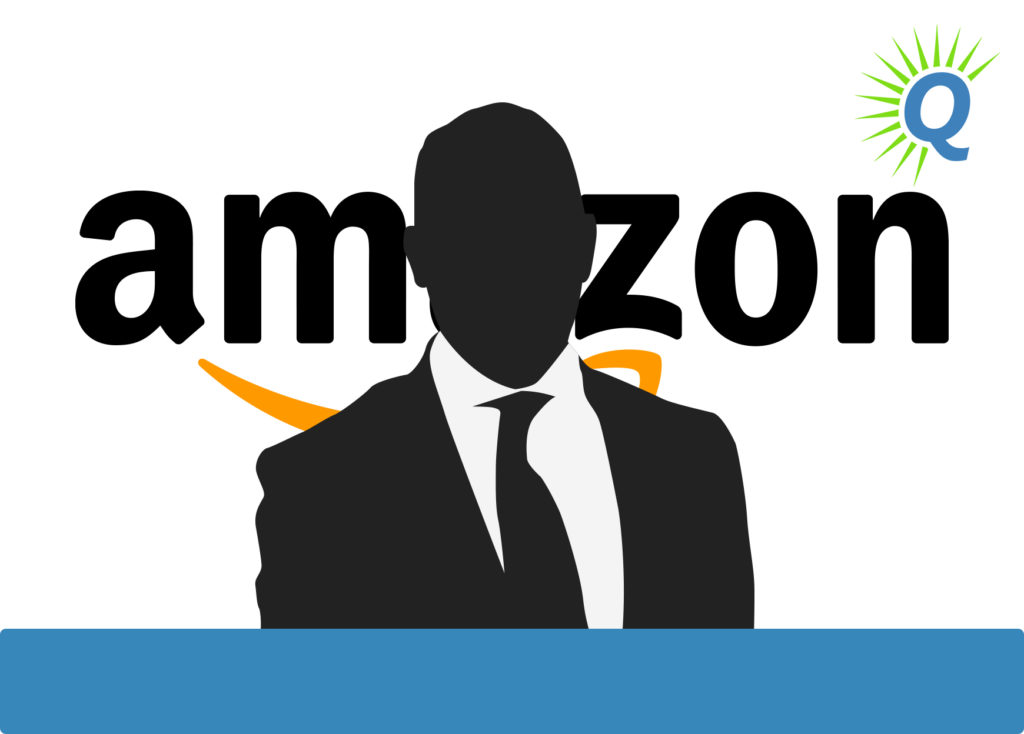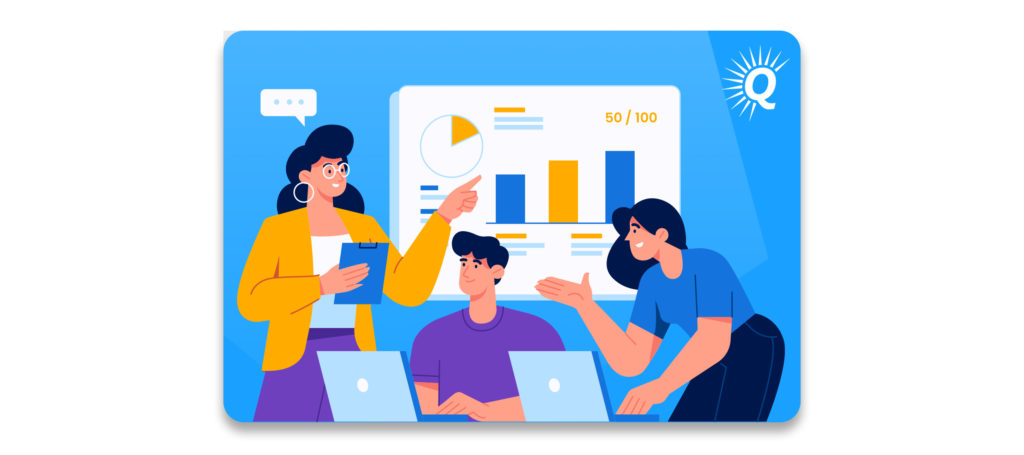Topics:
Never Miss a Beat - Get Updates Direct to Your Inbox
FILTER:


Trying to Start an Amazon Business? Here’s 7 Actionable Tips From an Amazon Expert
By Quiet Light


The Amazon Marketplace collectively represents the largest ecommerce retailer in the U.S. Per analyst Marketplace Pulse, it accounted for 31.3 percent of all ecommerce sales in 2018. Promising numbers for those seeking to start an Amazon business!
It’s best to arm yourself with realistic expectations before jumping in. According to Amazon industry thought leader, Kevin King, while the Amazon Marketplace provides a robust opportunity for entrepreneurs seeking an actual business to operate, it’s not the “get-rich-quick” scheme that some might lead you to believe. Although the barrier to entry might be higher relevant to risk tolerance and business skills, Amazon still represents a highly attractive opportunity to create a valuable asset.
Here are a few tips to help you do exactly that, courtesy of King.
1. Go Private Label
There are seemingly endless ways to start in the Marketplace — retail arbitrage, wholesale, and affiliates, to name a few. According to King, none of these represent the best place to start. Instead, he recommends pursuing private label products, which offer the best returns and the best margins. The first step is to take advantage of the enormous storehouse of data that’s freely available on Amazon. This will tell you what people are searching for.


Next, choose products that are in high demand and that you can rank in search for, and then list it to sell through the Fulfillment By Amazon program.
2. Start With Enough Capital
The old adage “you need to spend money to make money” may be used by unscrupulous types, but it very much applies to the Amazon Marketplace. King recommends starting with at least five to ten thousand dollars. When getting started on Amazon, the idea is to line up at least two and a half times your initial inventory investment in working capital.
All those promises of being able to quit your job and start selling with a $100 investment just might be one of the reasons that so many people who start on Amazon fail.
3. Find the Right Tools for the Job
As with any other industry, having the proper tools at your disposal can make all the difference in the world as an Amazon seller. To that end, King recommends that you find a financial forecasting platform and keyword research software. It’s all about making sure you have enough information — the more data you have, the greater your advantage over the competition.
Buy a Profitable Online Business
Outsmart the startup game and check out our listings. You can request a summary on any business without any further obligation.
Accurate financial forecasting helps you manage cash flow and plan for a healthy return on investment. Keyword research ensures you build a business that is based on real market demand instead of succumbing to your ego and chasing nonexistent profits.
4. Don’t Start by Trying To Build a Brand
Amazon isn’t the place to build a distinctive brand, according to King. The high-conversion traffic is already there, so you don’t have to attract shoppers. Moreover, people don’t focus much attention on brands on the Amazon Marketplace.


Instead of trying to create a brand identity, King says a better route is to target an ‘avatar’ — a specific type of shopper with specific interests to whom your launch products will appeal.
5. Profits Are Only Part of the Picture When Starting an Amazon Business
Profit margins, says King, can be misleading when trying to measure your overall success on the platform. The average net margin for a private seller hovers around the 20-30 percent range. Wholesalers are even lower, around 10-15 percent.
These numbers should not be examined in a vacuum. King advises calculating the overall ROI for a product and taking inventory turnover into account. You want to turn over your inventory at least four times per year, but ideally closer to eight, and choose products with an ROI of 150 percent or higher.
6. Don’t Put Too Much Stock In Common Knowledge About Starting an Amazon Business
Many Amazon courses teach the same strategy to those trying to start an Amazon business. Choose small items and make sure they’re both easy to source and cost less than $20. Instead of following the herd, King advises thinking outside the box.
If an item is easy to source, that means there’s will be a lot of competition for it. Not only that, your competitors are likely to be cut-throat saboteurs and predators who go after successful listings for their own product. Research is critical when — find items that sell well and for which there’s less competition.
7. True Success Isn’t About Money, But Relationships
Kevin’s final piece of advice is to form relationships with your suppliers. Travel and get creative with your sourcing, and focus on people rather than products. Not only will this make you more resistant to price competition, but the partnerships you form can be immensely valuable down the line.


King has, for instance, found in-demand products at the Canton Fair (the China Import and Export Fair- the oldest and largest trade fair in China) that he can source for $0.57 and sell for $10 without competition.
Final Thoughts
Amazon isn’t a get-rich-quick scheme. In a time when an Amazon business consultant can bring in six figures writing seller appeals who have had their listings hijacked, approaching the Amazon Marketplace as a business and absorbing knowledge from experts like King is no longer an option. It’s a must.





